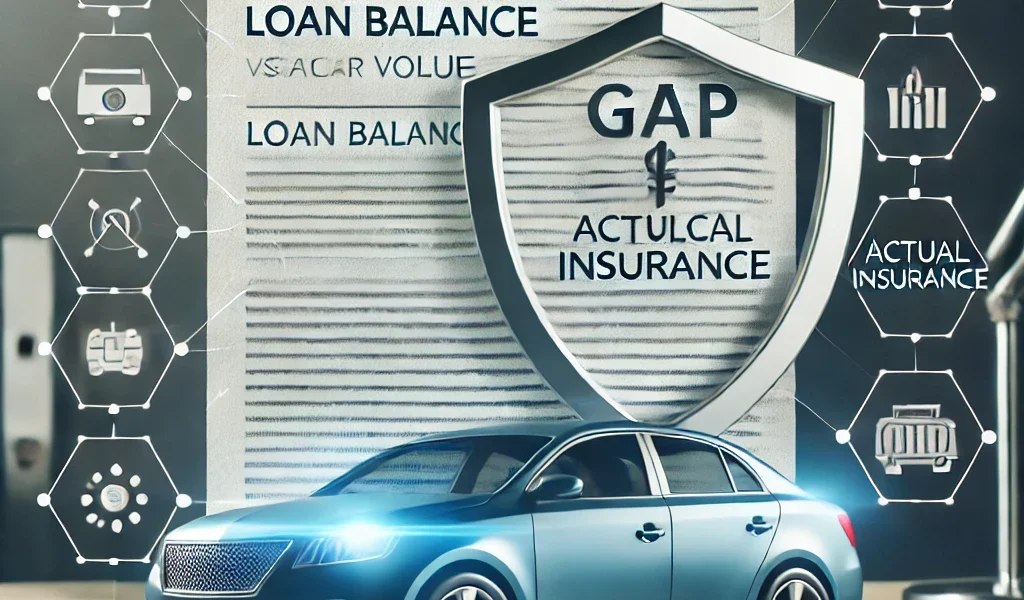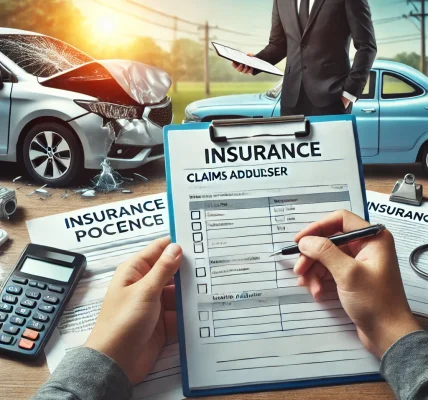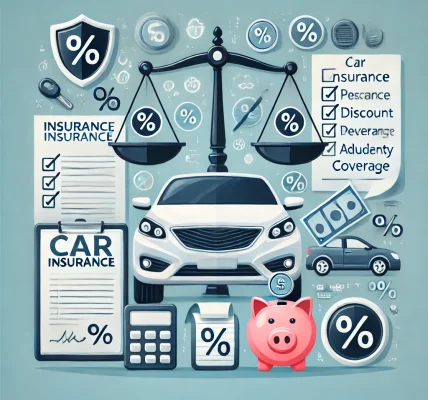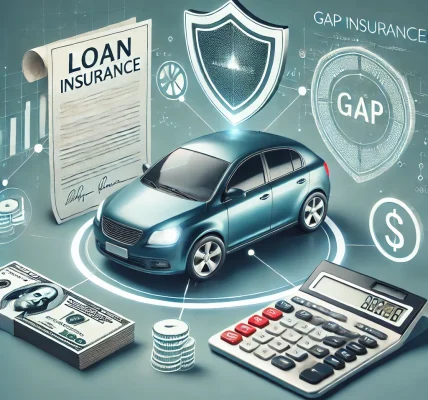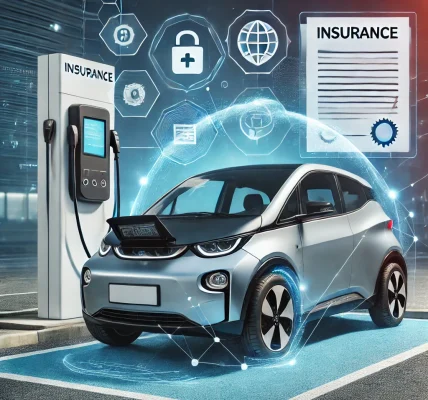Buying a new car is an exciting experience, but it also comes with financial risks. One of the biggest concerns for new car owners is what happens if their car is totaled or stolen while they still owe money on their auto loan. This is where Gap Insurance plays a crucial role.
In this guide, we’ll explain why new car owners need Gap Insurance, how it works, and whether it’s the right choice for you.
What is Gap Insurance?
Gap Insurance, or Guaranteed Asset Protection Insurance, is a type of car insurance that covers the difference (or “gap”) between the actual cash value (ACV) of your vehicle and the amount you still owe on your loan or lease.
How Does Gap Insurance Work?
- The moment you drive a new car off the lot, its value starts depreciating.
- If your car is stolen or declared a total loss after an accident, your standard auto insurance will only pay the current market value of the car, which may be significantly lower than what you still owe.
- Gap Insurance covers the shortfall, ensuring that you’re not left paying out-of-pocket for a car you no longer have.
Example Scenario:
Imagine you purchase a brand-new car for $30,000 and finance it with a loan. A few months later, an accident totals your car, and your insurance company determines its market value to be $25,000. However, you still owe $28,000 on your loan. Without Gap Insurance, you would have to pay the remaining $3,000 yourself.
With Gap Insurance, that $3,000 difference would be covered.
Who Needs Gap Insurance?
1. New Car Owners Who Finance Their Purchase
- If you’ve taken out a loan to buy a new car, depreciation could put you at risk of owing more than the car is worth.
2. Leaseholders
- Many leasing companies require Gap Insurance as part of the lease agreement since they want to ensure the vehicle’s value is fully covered.
3. Buyers with a Low Down Payment
- If you’ve made a small down payment (less than 20%), your loan balance will likely be higher than the car’s actual value for the first few years.
4. Owners of Vehicles That Depreciate Quickly
- Some car models lose value faster than others. If you own a car that depreciates quickly, Gap Insurance can prevent financial loss.
5. Long-Term Loan Holders (60+ Months)
- If you’ve financed your car for a long period (5+ years), you might still owe money even after your car’s value has significantly decreased.
Benefits of Gap Insurance
✅ Financial Protection
- Prevents you from owing thousands of dollars if your car is totaled.
✅ Peace of Mind
- You won’t have to worry about covering the difference between your loan balance and insurance payout.
✅ Affordable Coverage
- Gap Insurance is relatively inexpensive, especially when added to your existing auto policy.
✅ Essential for Leased Vehicles
- If you lease a car, Gap Insurance ensures you’re not financially responsible for a depreciated vehicle.
How to Get Gap Insurance?
1. Through Your Auto Insurance Provider
- Many major insurance companies offer Gap Insurance as an add-on to your standard car insurance policy.
2. From the Car Dealership
- Dealerships offer Gap Insurance when you finance a car, but their rates are often higher than insurance providers.
3. From a Third-Party Insurer
- Some standalone insurance companies specialize in Gap Insurance policies at competitive rates.
How Much Does Gap Insurance Cost?
The cost of Gap Insurance varies based on:
- The value of your car
- The amount of your loan
- Where you purchase it (insurance provider vs. dealership)
On average, Gap Insurance costs $20–$40 per year if added to your existing auto insurance policy. If purchased from a dealership, it could cost $500–$700 as a one-time payment, making it significantly more expensive.
When Can You Drop Gap Insurance?
You don’t need Gap Insurance forever. You can cancel it once your car’s value and loan balance are nearly equal.
Signs It’s Time to Drop Gap Insurance:
✅ Your loan balance is lower than your car’s market value. ✅ You’ve made significant payments reducing your loan amount. ✅ Your car’s depreciation has slowed down.
Is Gap Insurance Worth It?
Gap Insurance is a smart financial move for many car buyers, especially those who:
- Finance a new car with a small down payment
- Lease a vehicle
- Have a long-term auto loan
If you’re unsure, consider getting a Gap Insurance quote from multiple providers and compare rates before making a decision.
Final Thoughts
For new car owners, Gap Insurance can be a lifesaver by covering the financial difference if your car is stolen or totaled. While not everyone needs it, those with high loan balances, leased vehicles, or rapidly depreciating cars should strongly consider it.
💡 Thinking about Gap Insurance? Compare quotes today to ensure you’re fully protected!
